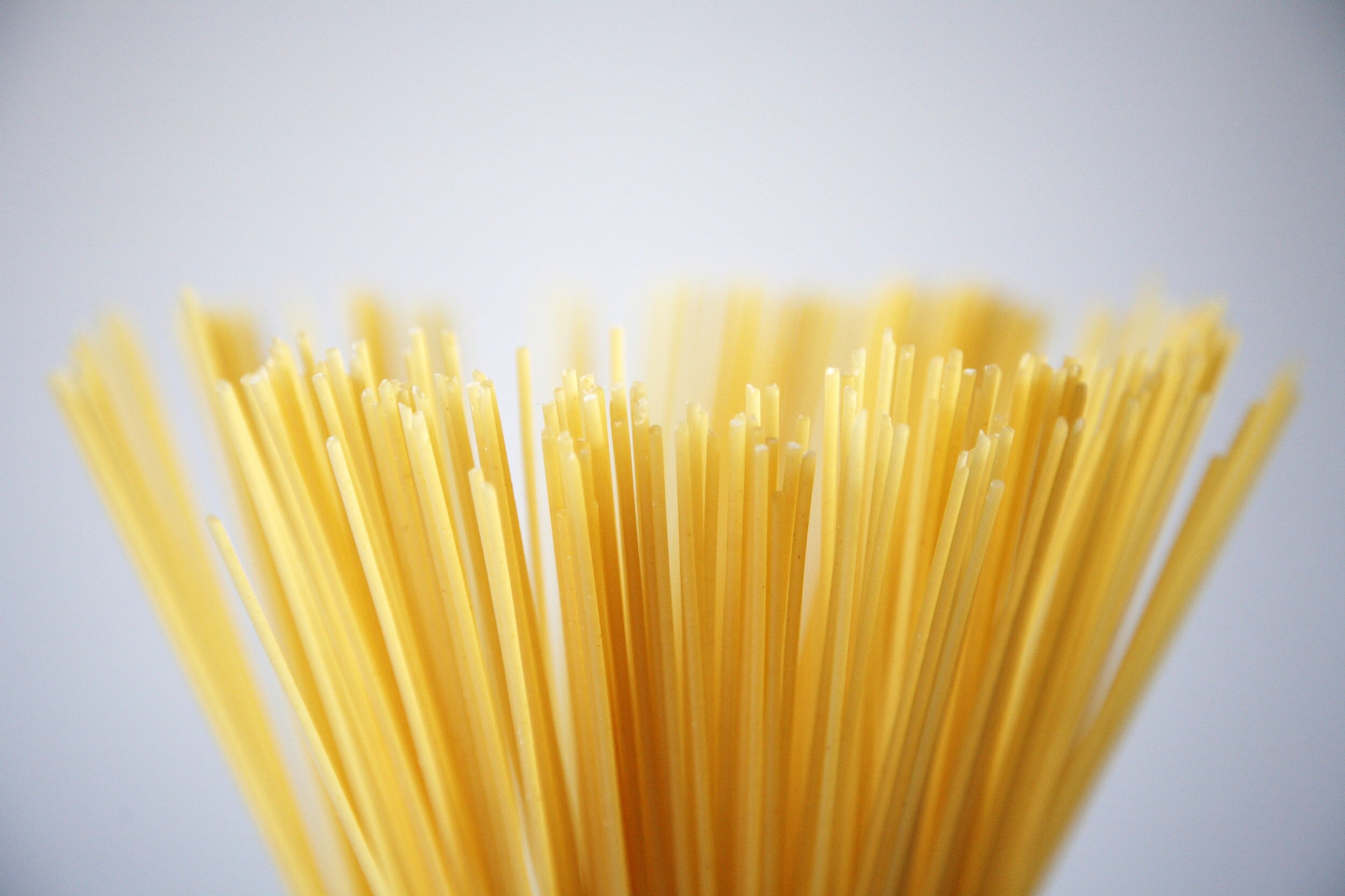Carbohydrates Unravelled
A well-balanced diet includes carbohydrates, protein, fat, water, vitamins and minerals. To tie in with Diabetes Awareness week which runs from June 14th to 20th 2021, our blog this month delves deeper into the nutrient ‘carbohydrates’.
Diabetes is a medical condition that causes a person's blood sugar (glucose) to rise to high levels. Since all carbohydrates are broken down (metabolised) into glucose in the body, it is carbohydrates specifically that people with diabetes have to monitor in their diet.
Carbohydrates unravelled
Types of carbohydrates
Carbohydrates can be split into two groups, simple sugars and complex starches. Sugar is a carbohydrate in its smallest, most simple form – it’s a single molecule of sugar, whereas starchy complex carbohydrates are made up of lots of molecules of sugar all bonded together so they take longer to break down to provide us with energy.
Sugars (free sugars and natural sugars)
Sugar (otherwise known as glucose) is the main fuel source for the body, and keeps us fuelled with energy at work, play and rest, as energy is still required for our bodies to carry out basic functions such as digestion.
‘Free Sugar’ or ‘Added Sugar’ is any sugar that is added to food or drinks, i.e. cakes, biscuits, chocolate, some sauces, sugary drinks, cereals and the sugar in your tea, or sugar found naturally in honey, syrup, unsweetened fruit juices and purees, these all counts towards your daily free sugar intake. Other names are often used for sugars added to foods during processing to increase sweetness include glucose, fructose, syrup, sugar, honey, treacle, molasses and corn syrup. These are the sugars that you want to be limiting in your diet, reference daily intake of free sugars is 30g, which is a limit not target!
Some sugars that occur naturally in foods, such as milk, yoghurt (lactose) and those in fruits and vegetables are not considered free sugars, and don’t count towards our recommended daily intake of sugar, because of their nutritional composition.
Starches (refined and wholegrain)
Starches include bread, potato, pasta, rice, couscous, quinoa, bulgar and cereals. Starches can be wholegrain and/or brown, or white refined options. It is recommended that about 50-55% of our energy intake should come from starchy carbohydrates. A standard portion for each mealtime is approx. the size of your fist, however, intakes can be adjusted depending on your activity levels.
Wholegrain carbohydrates include the ‘whole grain’, and so, provide more fibre along with additional nutrients in the diet including B vitamins and vitamin E. Dietary fibre is not digested or absorbed, and is instead broken down by bacteria in the large intestine. A higher fibre diet keeps us fuller for longer and has been shown to reduce the risk of chronic diseases such as diabetes, cardiovascular disease, and bowel cancer.
It is recommended that 25-30g of fibre is consumed each day. To achieve these intakes, include carbohydrates at every meal, opting for high fibre, wholegrain sources.


